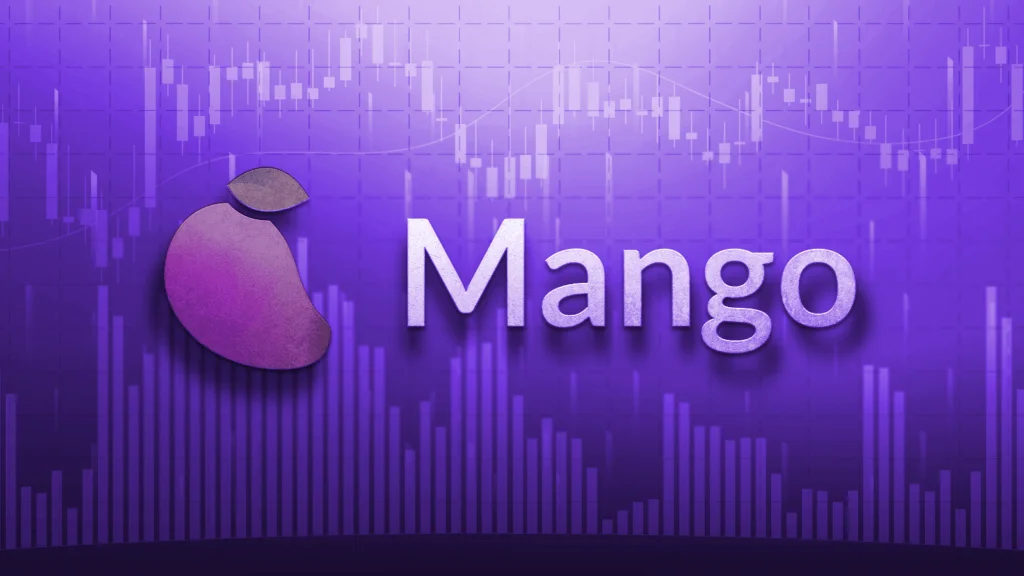Avraham Eisenberg, the alleged exploiter of the decentralized financial system Mango Markets, is attempting to keep his portion of the cryptocurrency obtained from his so-called “highly profitable trading strategy.”

On Feb. 15, Eisenberg’s attorneys filed a motion in a New York District Court objecting to Mango’s lawsuit, which seeks $47 million in damages plus interest beginning from the time of Eisenberg’s October attack, which drained around $117 million from the protocol.
The lawyers contended that Eisenberg should not have to repay any more payments to the DeFi platform because of a settlement agreement he struck with Mango DAO, claiming that the “issue was settled.”
Following the draining of its treasury, the Mango DAO enacted a governance proposal in which Eisenberg kept a portion – $47 million — of the stolen assets as a bug reward with the caveat that Mango would not pursue legal action.
“Eisenberg transferred funds totaling approximately $67 million to Mango Markets,” the attorneys wrote, adding:
“Weeks later, eligible Mango Markets’ members received reimbursement from the Mango Markets treasury. At that point, all involved considered this matter closed and Mr. Eisenberg heard nothing further from Mango Markets.”
Mango, on the other hand, claimed in its suit that the settlement should be unlawful because it was reached “under duress,” and that Eisenberg “was not engaged in lawful negotiating.”
Eisenberg’s lawyers refuted these assertions, claiming that Mango’s “improper three-month delay” in launching its suit “undermines any asserted irreparable loss.” They claim that the action is intended to “take advantage” of Eisenberg’s December detention in Puerto Rico by US authorities.
The Federal Bureau of Investigation charged Eisenberg with commodities fraud and manipulation.
He is also facing a Commodity Futures Trading Commission lawsuit alleging market manipulation, as well as a Securities and Exchange Commission claim for breaking securities laws relating to anti-fraud and market manipulation.
Eisenberg previously maintained that his Mango trades were “legitimate open market operations, utilizing the protocol as established,” and that his alleged attack was a “very profitable trading approach.”
